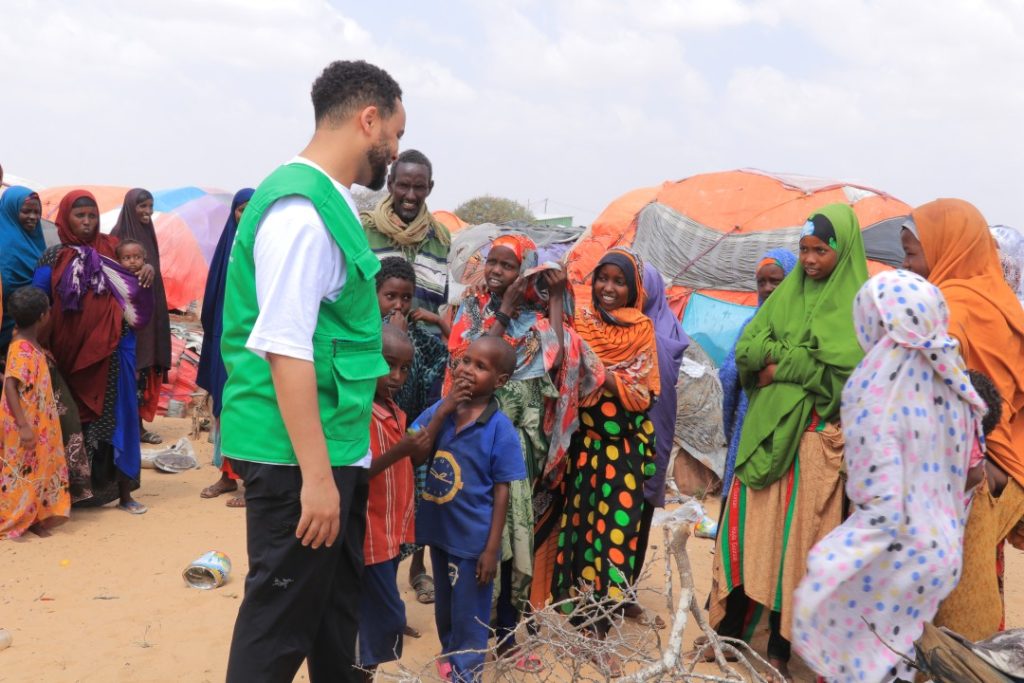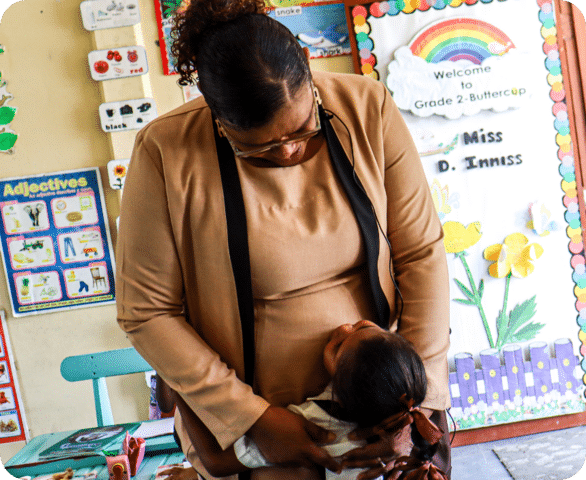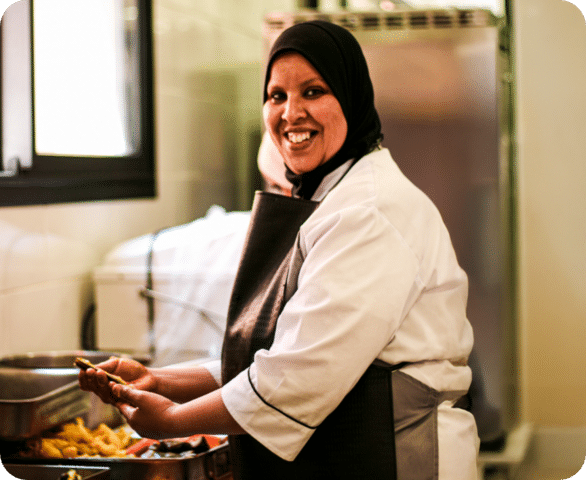Last week, I ventured on a trip to Somalia, where I began my career in international development nine years ago. Returning to the villages where I previously worked opened my eyes to some old struggles and new challenges the Somali people face. The country is still in conflict, and millions struggle with food insecurity. In addition, climate change has now severally impacted the region, and Somalis face the harshness of its impacts as the drought affects over six million people. Children are some of the most vulnerable, as 1.8 million suffer from acute malnutrition.
Five consecutive years of insufficient rain have dried up access to water, leading to limited food for livestock. Rural communities across Somalia depend upon livestock as a primary source of income. However, goats, cattle, and camel grazing grounds have transformed into graveyards, as livestock dies from extreme heat and hunger. An estimated three million livestock have died in the current crisis.
With a loss in livestock and no access to income, coupled with elevated food prices – families cannot purchase the essential items necessary to survive. Countless Somalis have attempted a perilous 100-kilometre journey to encampments in cities such as Baidoa, hoping to receive humanitarian assistance. Baidoa is one of Africa’s fastest-growing cities. Over 500,000 internally displaced have migrated there in the past year, with thousands arriving daily.
One particular encounter will stay with me forever. I met a mother who had walked for several days to Baidoa with her four young children and husband in search of food and water. Her husband and three children died from hunger during the journey. Despite her suffering, amidst the sweltering heat, the pungent smell of waste, and the overwhelming despair through the camp, she was building makeshift shelters for herself and her neighbours, using her tapestry skills to piece together old bags of rice and flour. I spent a few hours helping her piece together her new home, one she hopes she won’t have to flee anytime soon. Every day thousands more like her will arrive here with no guarantee of survival. Each story is more harrowing than the next.
Despite the dire circumstances, many displaced families inspired me with their resilience and strength. They greeted me and my counterparts from Somalia’s grassroots organizations with warm smiles and open arms, grateful for the assistance IDRF has provided over the last fifteen years. Our team distributed food, water, and medical supplies to those in need and listened to their stories of loss and survival.
The world must stop ignoring what is happening in Somalia. Currently, 3.8 million people are displaced, a record high. The latest food security assessment report shows that nearly 500,000 children will be severely malnourished in 2023. I left the camps in Baidoa and another in Daynille, feeling devasted knowing that more decisive collective action could have prevented many pediatric deaths.
Over the years, our team has aimed to mitigate the challenges many Somalis face through food assistance, the development of agricultural land, and enhancing access to health care services for women and girls. Nevertheless, the broader challenges in Somalia seem to be overlooked; at the same time, there is some donor awareness – it has yet to trigger the kind of international response that one would expect and is needed.
At this stage, it is irrelevant when or if anyone declares Somalia in a state of famine. Labels and declarations don’t matter when a person dies every four seconds due to hunger. The beautiful children I met in Somalia deserve better. Resilience and compassion can prevail- even in the darkest times.


